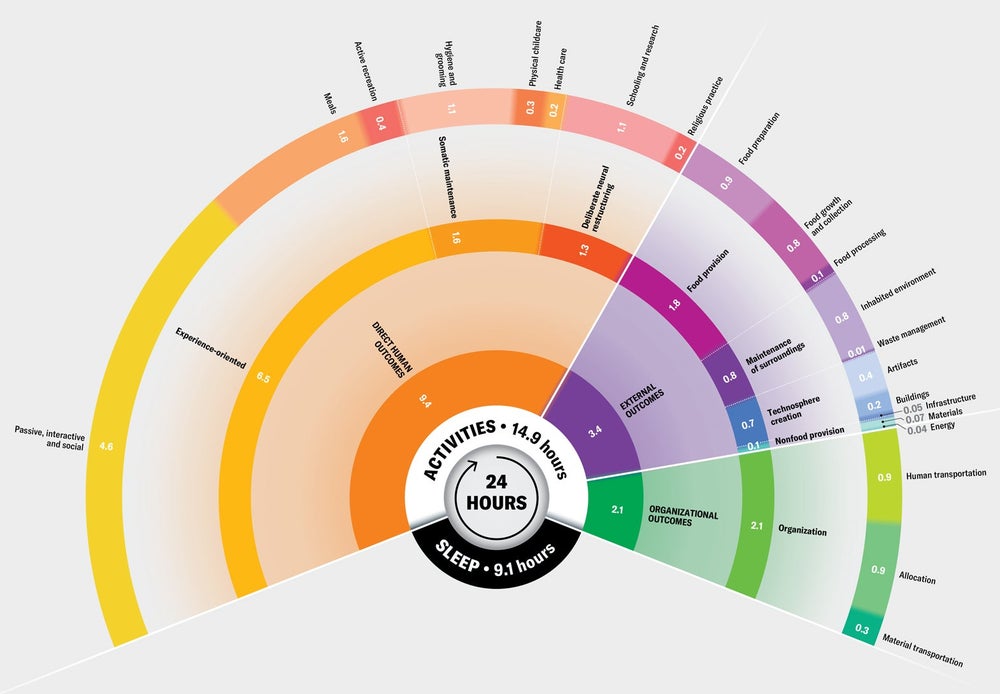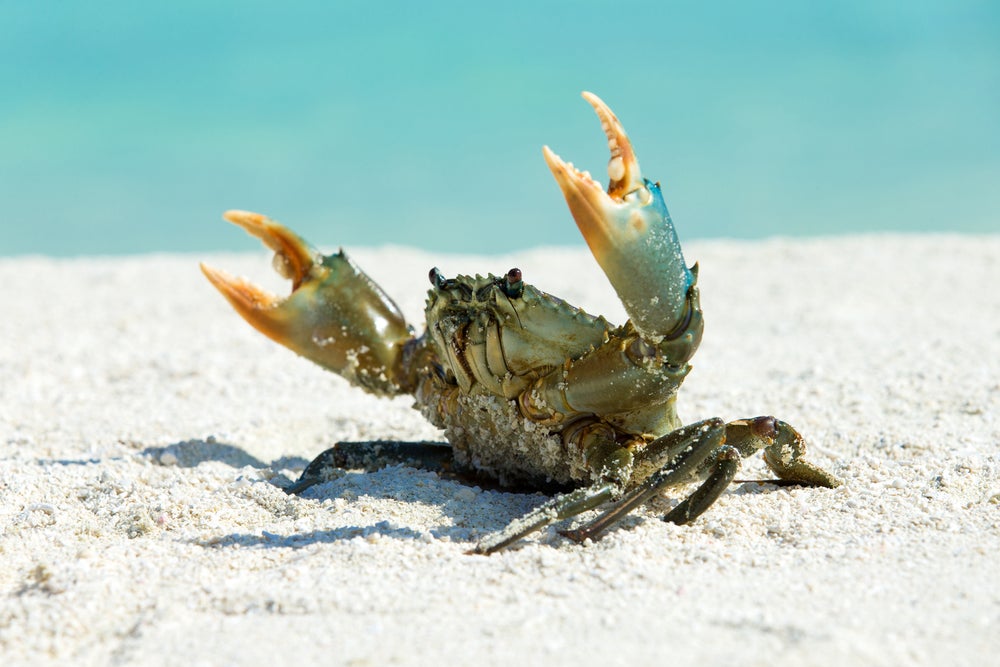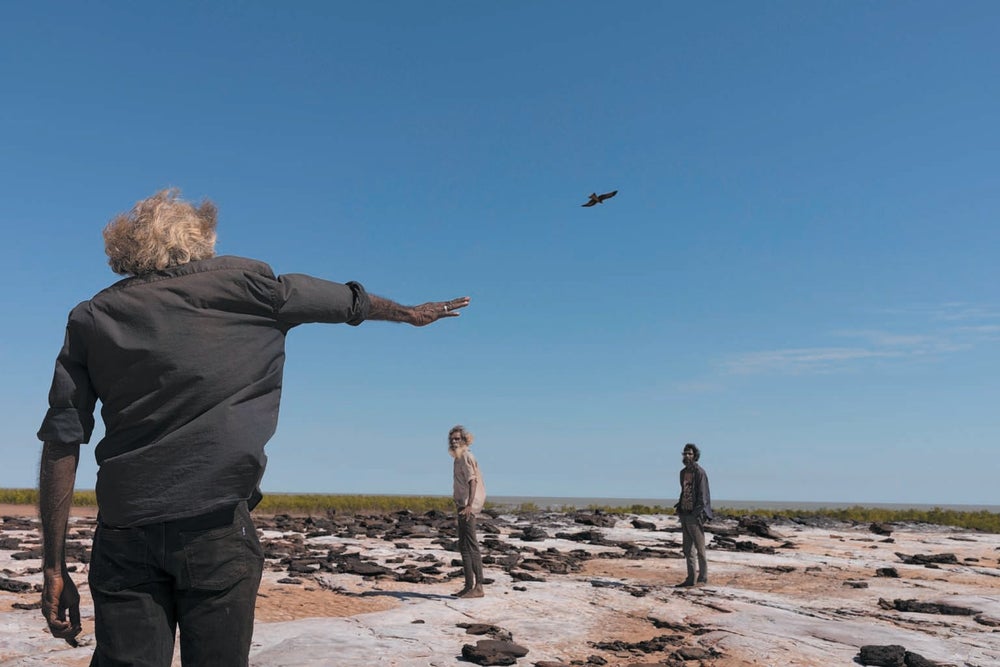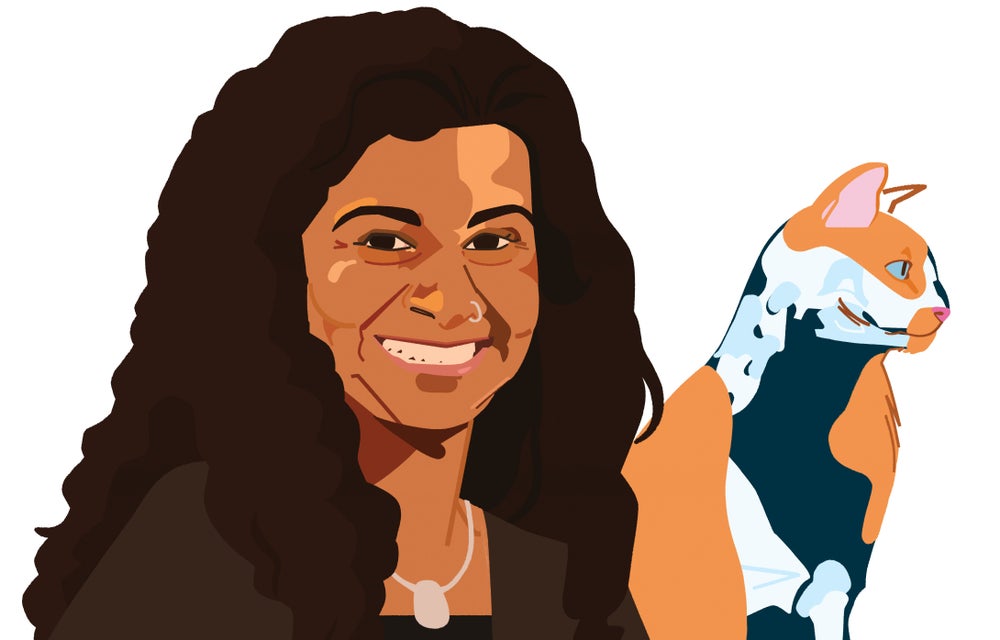| | | Over the past year, Scientific American editors and experts crafted stories that showed the joy and beauty of science as well as the often complex and nuanced world it reveals. These are some of the stories that have stuck with me.
We answered important health questions—explaining how long COVID, which impacts millions, seems to originate in the central nervous system, and what are the side effects of the ultra-popular weight-loss drug Ozempic. The science of how our bodies burn calories (our metabolism) is far from settled, according to new research that pretty much upends what everyone thought about changes in metabolism over a lifetime.
On a lighter note, we answered the pressing questions about why dogs tilt their heads endearingly at us (really, they're trying to process what you're saying), and whether time travel is feasible (don't hold your breath for a wormhole into the summer of 2024).
Our editors continued to showcase the wondrous eye candy from the James Webb Space Telescope, whose first year of science saw hints of what might be the universe's very first stars and a crystal-clear view of the rings around Uranus. See below for more of our favorite stories from 2023.
We hope you enjoy the selection from the past year. Scientific American has lots in store for the new year, including games and more improvements to our website's look and useability. I can't wait for 2024! | Jeanna Bryner
Managing Editor
Scientific American | | Top Stories of the Year | | | | | | | | | | | | | | | | | | | |
| | | | | | | Share Scientific American | | Give the gift of knowledge with 40% savings on an Unlimited or Digital subscription. | | | | | | | | | |  | |
To view this email as a web page, go here.
You received this email because you opted-in to receive email from Scientific American.
To ensure delivery please add managingeditor@scientificamerican.com to your address book.
Unsubscribe Email Preferences Privacy Policy Contact Us







Comments
Post a Comment